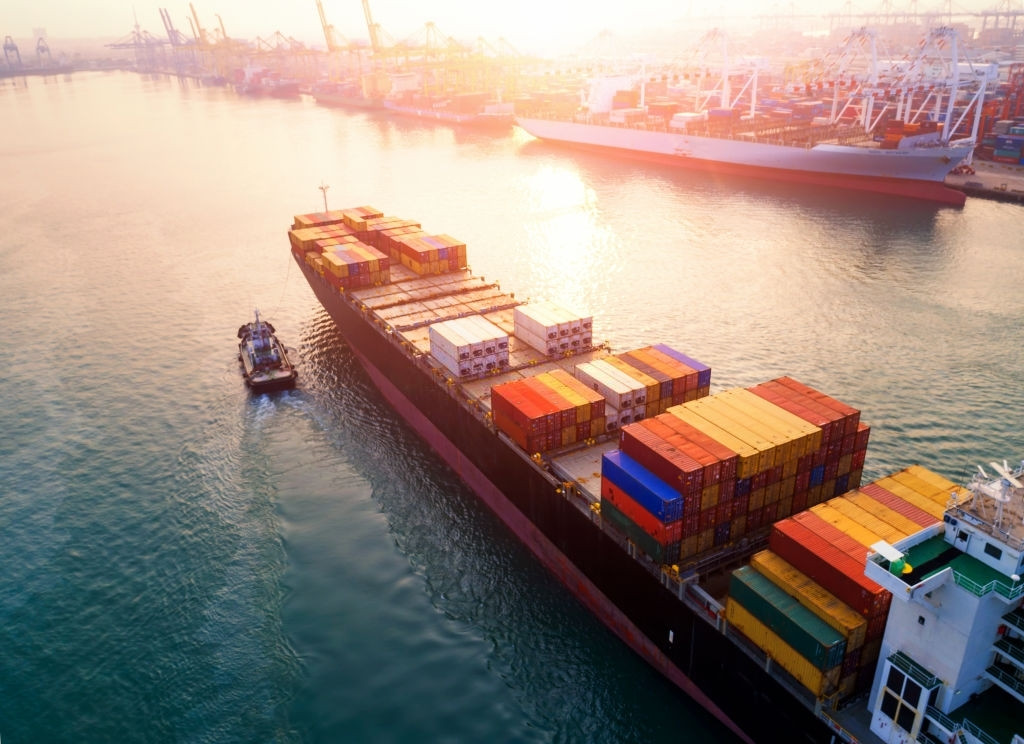Over a span of more than three years, the Vietnam-European Union Free Trade Agreement (EVFTA) has played a crucial role in enabling robust recovery in exports to the EU. It transitioned from a 1.8% decline in 2020 to impressive increases of 14.2% in 2021 and 16.8% in 2022. Additionally, the proportion of capital invested by EU investors in Vietnam also exhibited positive improvements.
The Central Institute for Economic Management (CIEM) recently conducted a workshop to present the findings of a report titled “Evaluating the Results of three years of EVFTA implementation for the Vietnamese economy.” According to the report, the EVFTA created favorable conditions for significantly boosting exports to the EU, particularly during the initial two years.
Vietnam’s exports to the EU between 2012 and 2022 witnessed expansion in both scale and partners, with an average export growth rate of 10.5% per year. Imports also increased at a rate of 6.4% per year.
Notably, in the 2020-2022 period when the EVFTA was in effect, Vietnam’s exports to the EU saw a remarkable recovery, transitioning from a 1.8% decline in 2020 to an increase of 14.2% in 2021 and 16.8% in 2022.
The EVFTA has further facilitated an increase in Vietnam’s imports of advanced machinery, equipment, and technology, contributing to the country’s industrialization and modernization. This has led to higher product standards and greater participation in the global value chain, enhancing the competitiveness of Vietnamese products on the global stage.
Vietnamese export products have generally demonstrated an improved capacity to meet the EU market’s import demands following the implementation of the EVFTA.
Regarding foreign investment, the EU’s capital flows into Vietnam exhibited noticeable improvements in the overall Foreign Direct Investment (FDI) attraction results. With various tariff incentives and the removal of market access restrictions across multiple sectors, the EVFTA has paved the way for EU investors to expand their investments in Vietnam.
Despite the significant impact of the COVID-19 pandemic in 2020, investments from the EU in Vietnam have shown a gradual increase post-pandemic. The Netherlands, France, Luxembourg, Germany, Denmark, and Belgium are the top six EU investors in Vietnam. The proportion of registered capital from EU investors has risen from approximately 5% of the total average registered capital in the 2016-2020 period to 8.9% in 2022 and 9.2% in the first half of 2023.
To maximize the benefits derived from the EVFTA Agreement within the context of Vietnam’s economic institutional reform and international integration, the report provides specific recommendations, including:
- Reviewing and enhancing regulations and legal documents to ensure full and consistent implementation of commitments, potentially making policy adjustments if necessary and appropriate in the new context.
- Improving coordinated efforts from central to local levels.
- Strengthening dissemination of information about FTAs to various business sectors, particularly small and medium-sized enterprises.
- Enhancing the investment and business environment, bolstering the competitiveness of businesses and the overall economy.
- Innovating trade promotion activities and directing exports toward markets that benefit from the EVFTA.
- Simplifying regulations and procedures for issuing certificates of origin (C/O) for enterprises exporting to partner markets.
- Proactively researching structural reforms to support the implementation of the EVFTA.
ASL LAW is the top-tier Vietnam law firm for in-depth legal advice in Vietnam and internationally. If you need any advice, please contact us for further information or collaboration.

 Tiếng Việt
Tiếng Việt 中文 (中国)
中文 (中国)

